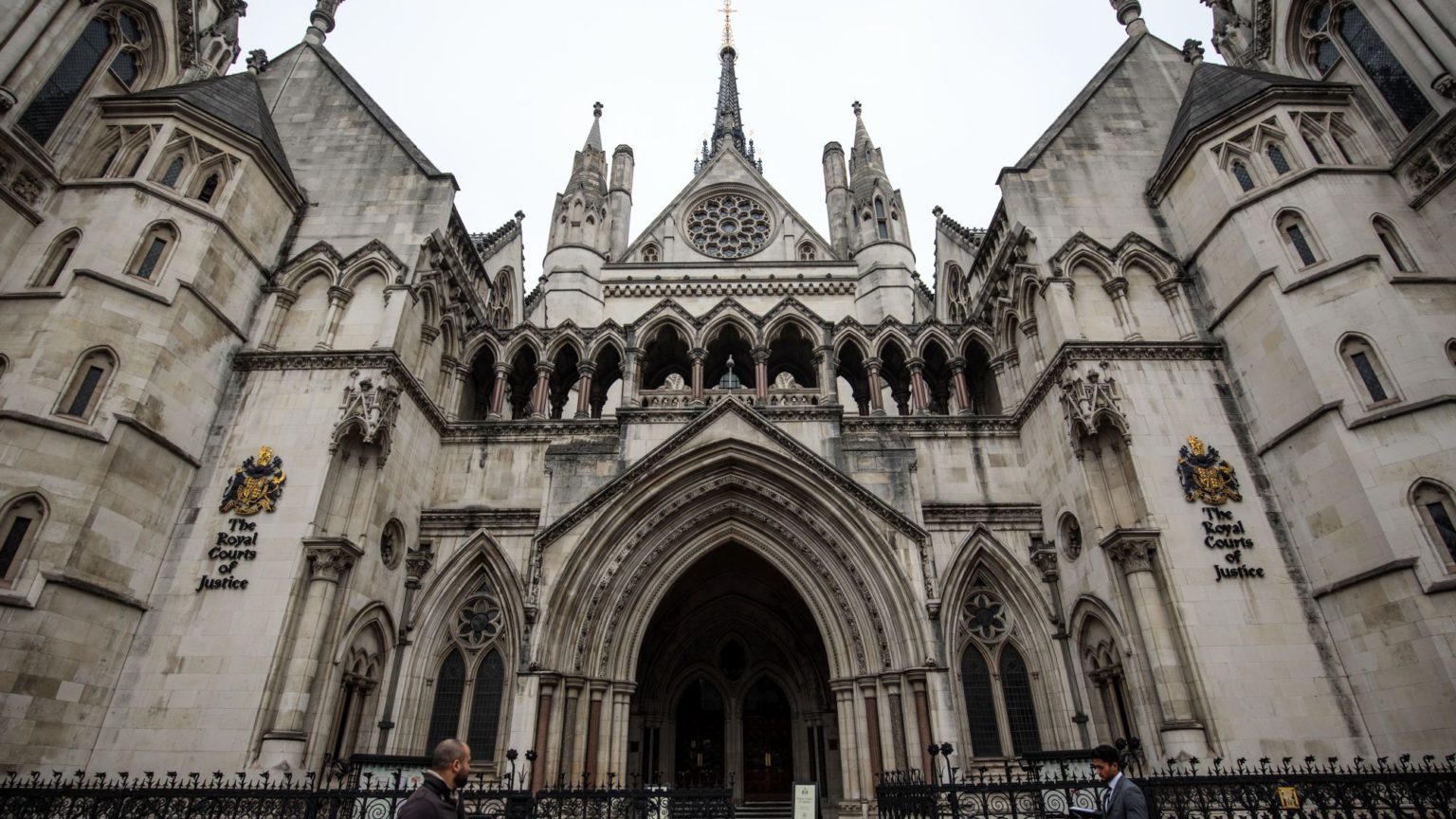How the super-rich silence their critics
Britain’s ‘reformed’ libel laws are still a serious threat to free speech.

Want to read spiked ad-free? Become a spiked supporter.
Over a decade ago I took part in a libel-reform campaign, headed up by campaign groups like Index on Censorship and English PEN. Its principal purpose was to tackle the phenomenon of ‘libel tourism’, in which wealthy individuals used the law courts of England and Wales – and our absurdly strict libel laws – to chill the speech of journalists, academics, medics and scientists from around the world. This campaign culminated in the Defamation Act 2013, which made it difficult for cases to be brought against individuals domiciled outside the UK, and allowed defendants to defend themselves on public-interest grounds.
But even with these reforms, the key problem of libel laws remains: the super-rich are still able to use (or abuse) the law to silence their critics. In recent years, we have seen the rise of a type of litigation called ‘strategic lawsuits against public participation’, or SLAPPs. The aim of SLAPPs is not necessarily to take a defendant to court. But the practice allows the wealthy to use the threat of legal action to harass, intimidate and financially exhaust their critics.
The problem of SLAPPs was brought to light by the experience of Financial Times journalists Catherine Belton and Tom Burgis, both of whom have been subject to separate lawsuits from Russian and Central Asian oligarchs and firms. Roman Abramovich, Mikhail Fridman and Petr Aven issued five lawsuits against Belton for supposedly libellous claims in her 2020 book, Putin’s People. And Tom Burgis was on the receiving end of a libel claim from Kazakh mining group ENRC, which appears in his 2020 book, Kleptopia: How Dirty Money is Conquering the World.
It is clear that the problem of SLAPPs goes well beyond Belton and Burgis. Data from the Coalition Against SLAPPs in Europe (CASE) indicate that there were a total of 14 SLAPP cases in the UK over the past year alone. But of course these statistics don’t paint the whole picture. As Baroness Stowell of Beeston, the chair of the House of Lords’ Communications and Digital Committee, put it in April, ‘the number of SLAPP cases which make it to court represent only a small proportion of the total’.
Indeed, it is difficult to gauge the size of the problem because many of those issued with mere threats of legal action may be fearful of speaking publicly about them – in case they are threatened with further legal action. The Communications and Digital Committee recently heard evidence from many journalists and others who have had to endure the ‘intimidatory activity’ of threatened legal action characteristic of SLAPPs.
Thankfully, the UK government has taken notice of the problem. Prime minister Boris Johnson said recently of SLAPPs, ‘We must put a stop to [their] chilling effect’. The plans to tackle SLAPPs are yet to be finalised, but measures mooted include strengthening the existing ‘public-interest defence’, capping the costs claimants can recover and forcing claimants to prove ‘actual malice’ on the part of the defendant.
We urgently need to put a stop to SLAPPs. The ability of journalists and everyday citizens to hold the powerful and the wealthy to account is central to democratic life. We cannot keep allowing the powerful to use the law to silence their critics.
Hardeep Singh is a writer based in London. Follow him on Twitter: @singhtwo2
Picture by: Getty.
Celebrate 25 years of spiked!
A media ecosystem dominated by a handful of billionaire owners, bad actors spreading disinformation online and the rich and powerful trying to stop us publishing stories. But we have you on our side. help to fund our journalism and those who choose All-access digital enjoy exclusive extras:
- Unlimited articles in our app and ad-free reading on all devices
- Exclusive newsletter and far fewer asks for support
- Full access to the Guardian Feast app
If you can, please support us on a monthly basis and make a big impact in support of open, independent journalism. Thank you.






Comments
Want to join the conversation?
Only spiked supporters and patrons, who donate regularly to us, can comment on our articles.